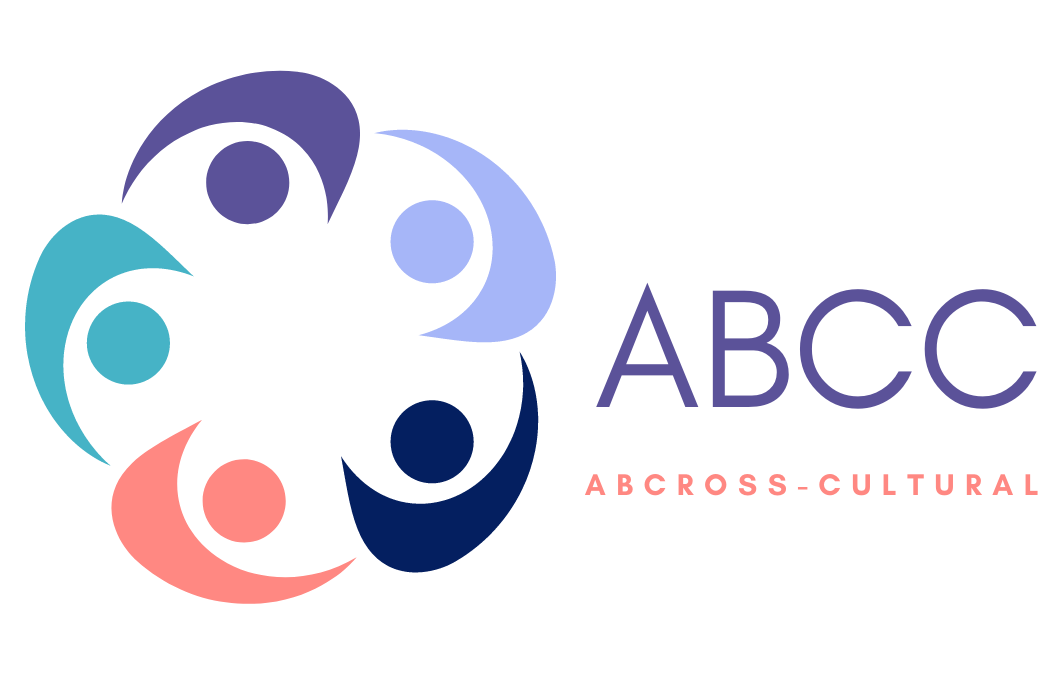Physical activity
Research has shown that people who exercise regularly have improved memory, reasoning, attention, and problemsolving compared to those who don’t. Most people who regularly exercise say that a physical activity “clearly impacts” their performance, including improved creativity, and focus; better mental health, mood, confidence, and wellbeing; and lower stress levels.
The World Health Organization recommends: exercise at least 2.5 hours a week (150 min) (ideally minimum 30 minutes a day). Your activity should be of moderate intensity. Or at least 75 minutes per week of vigorous intensity activity.
TIPS FOR GETTING MOVING:
1/ All exercise counts! Take the stairs instead of the lift. Park your car further away than you planned to and get that extra bit of exercise in. Housework and running after children is great exercise.
2/ Create a routine – plan exercise into your day, set a time to do it and stick to it!
3/ Get your friends involved – bike or walk together, play tennis or squash or agree to meet at the gym.
4/ Join a club or group to keep you motivated – dancing, tennis, netball, soccer – you name it, there will be a club you can join!
5/ Keep things interesting by adding variety, mix things up. Try to do at least 2 or 3 different types of exercise every week.
6/ Start with a 10 minute walk and build up to half an hour.
7/ Break up exercise into lots of 10 minute blocks for days when you can’t find 30 minutes to exercise.
8/ Track your activity. Use a calendar, journal, app, or wearable fitness tracker (e.g., a Fitbit) to see how much movement you have in your day.
9/ Combine 3 type of activities:
- cardio-vascular: Walking, running, cycling, swimming, rowing, hiking, tennis, boxing, netball, soccer, rugby, athletics, aerobics/ dansing classes
- strength/ resistance: Free weights, fixed weight machines, pump gym classes, press ups, squats, lunges, triceps dips, chin ups
- flexibility: yoga, pilates, stretching
